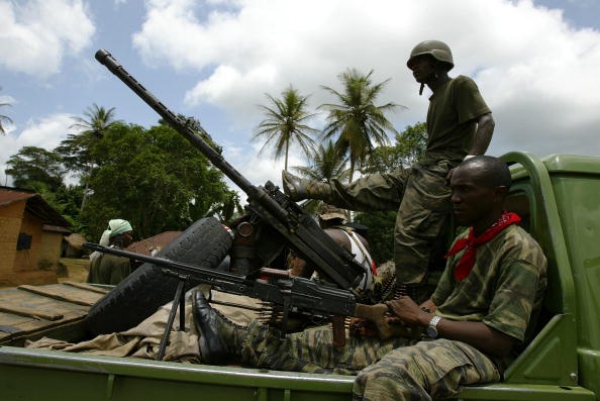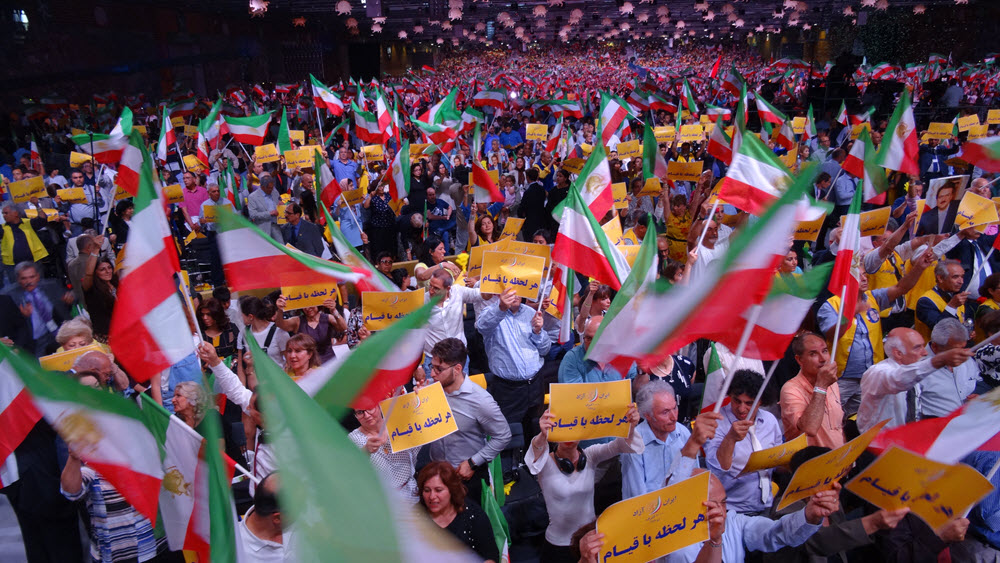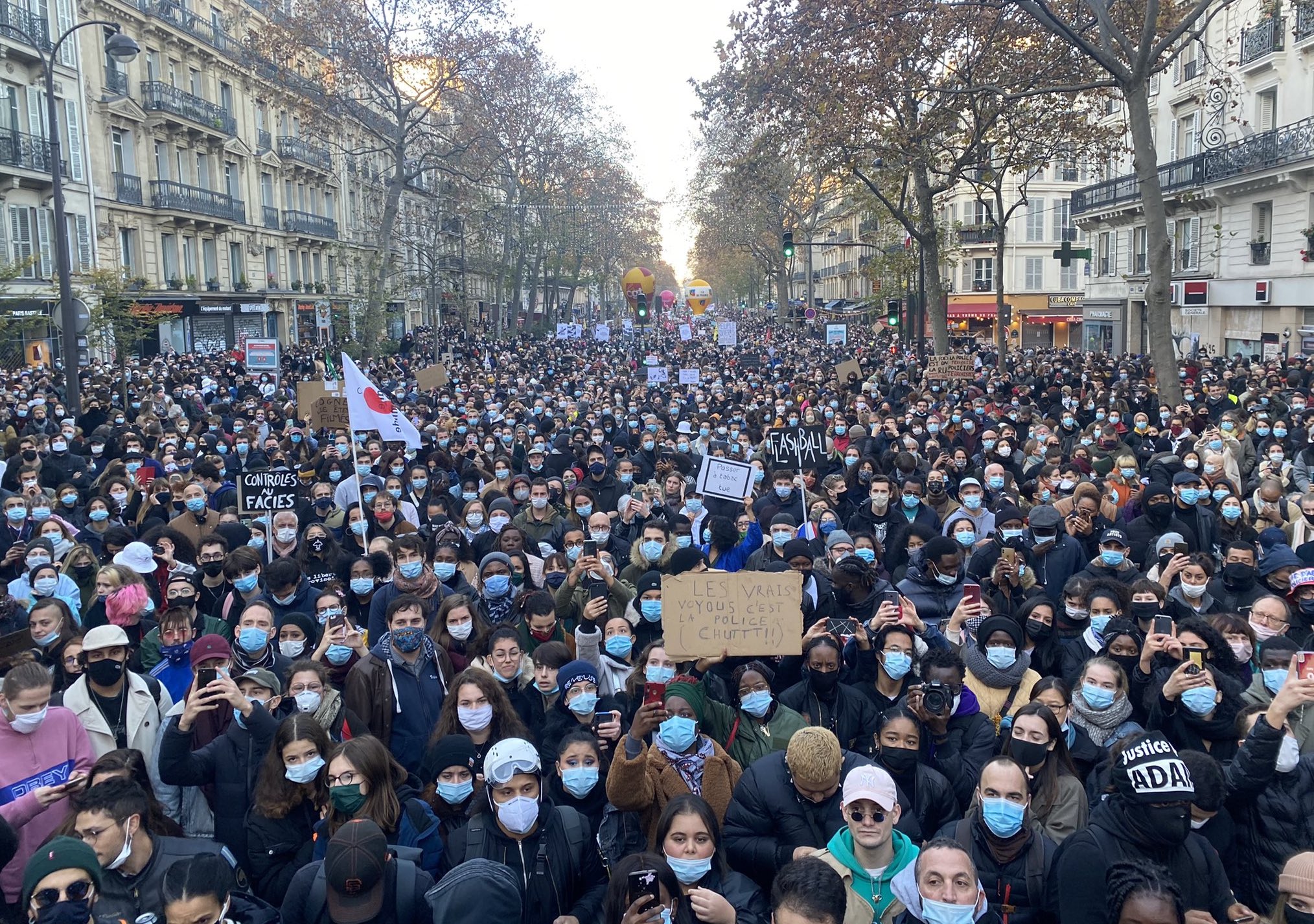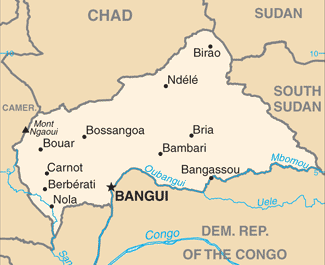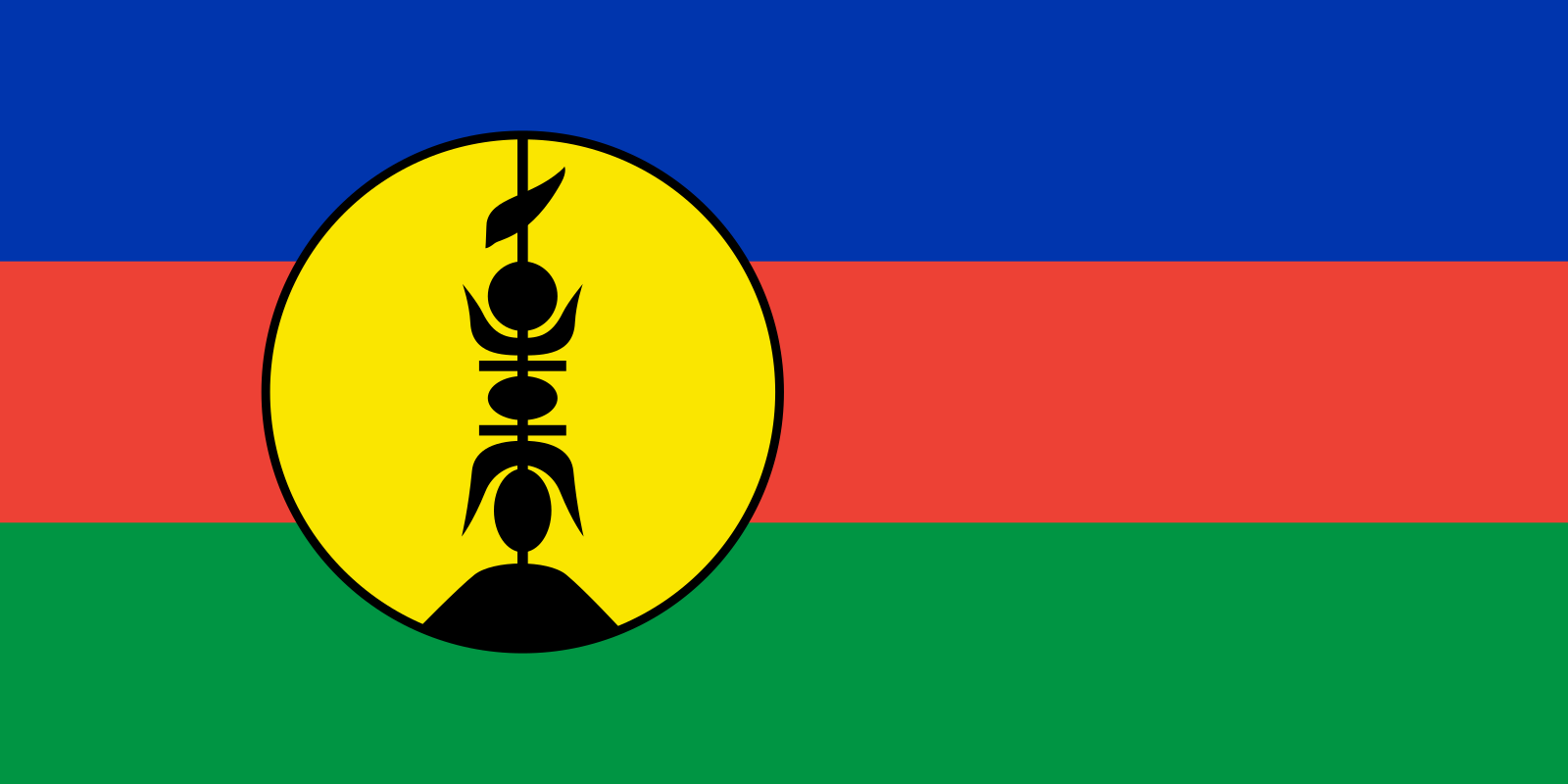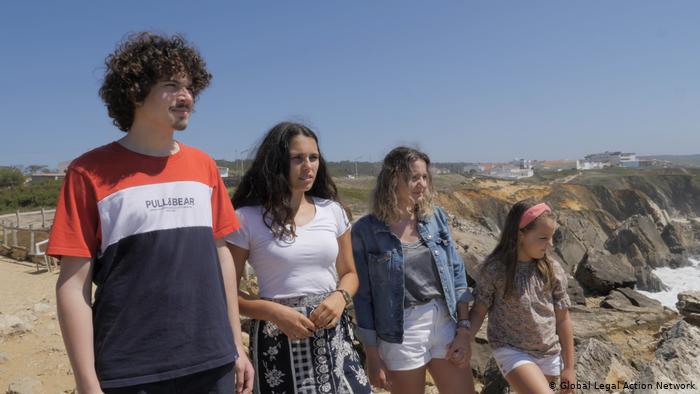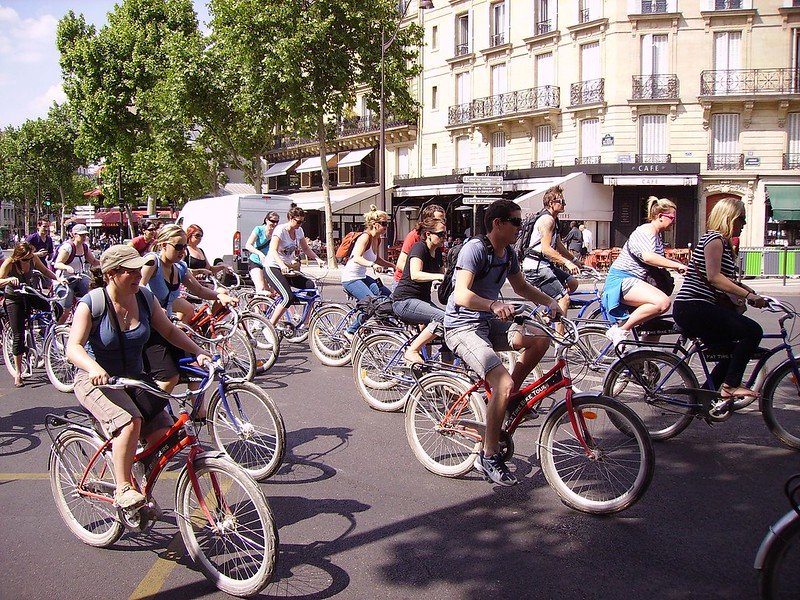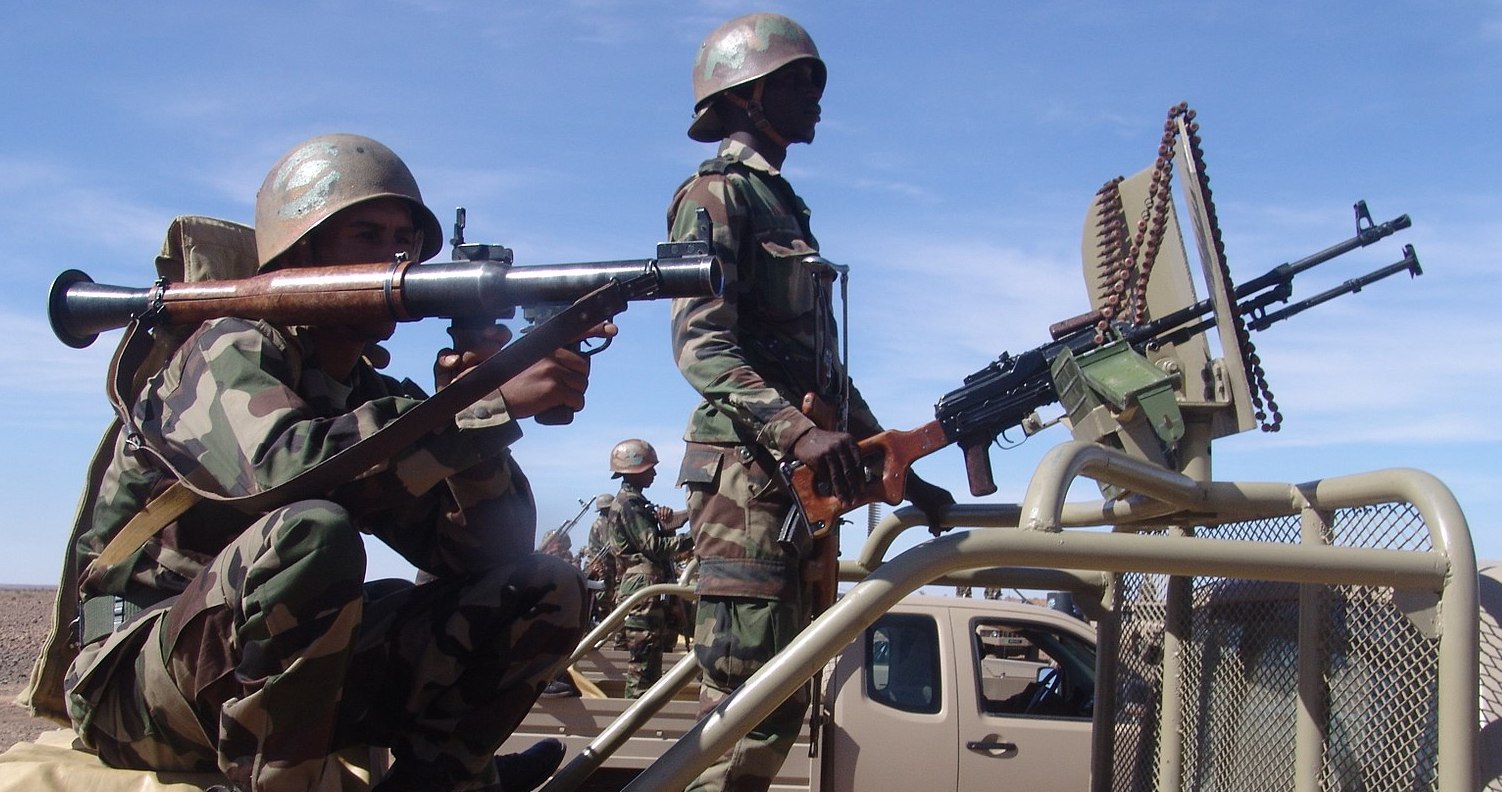
Pakistan: crackdown on internet ‘blasphemy’
The Pakistan Telecommunication Authority (PTA) has issued notices to Google and Wikipedia censuring them for “disseminating sacrilegious content” through their platforms. The notices accused the these sites of hosting “misleading” content referencing the present khalifa (spiritual head) of Islam. The PTA specifically cited articles and search results allegedly portraying Mirza Masroor Ahmad, the current leader of the Ahmadiyya Muslim sect, as the “present khalifa of Islam.” Additionally, the PTA demanded the platforms remove an “unauthentic” version of the Quran published by the Ahmadiyya community from the Google Play Store. The PTA warned the platforms “to remove the sacrilegious content to avoid any legal action” under the Prevention of Electronic Crimes Act. (Image: Ahmadi Answers)



